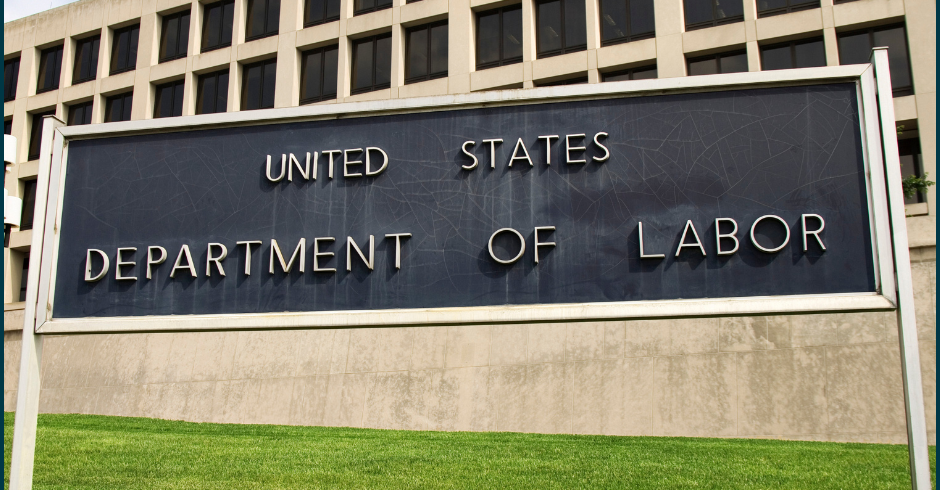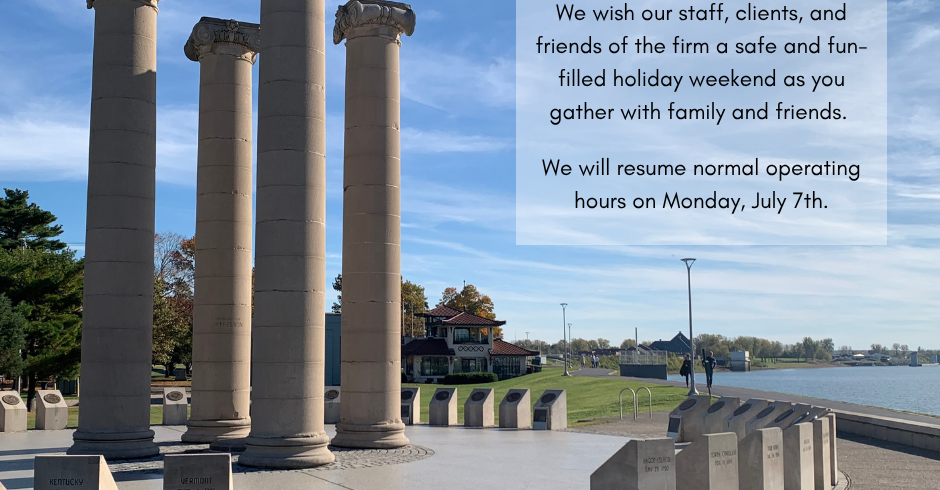Should individuals have a private cause of action to sue employees of the State of Indiana for an alleged breach of a statutory duty when the statute does not confer one? On Thursday, March 28, the Indiana Supreme Court held oral argument in the case of F.D., et al. v. Indiana Dep’t of Family Servs., Case No. 82S01-1301-CT-19, to consider this question.
The facts alleged by the plaintiffs and assumed as true for purposes of summary judgment and appeal involve allegations of sexual abuse of the plaintiffs’ child. Specifically, the plaintiffs allege that the Department of Child Services (“DCS”) failed to timely notify them of known or suspected abuse of their child. The plaintiffs relied upon a certain notice statute to make a claim against DCS. Specifically, the plaintiffs pointed to Indiana Code 31-33-18-4, which states that the department shall give notice of reports and allow records to be available upon request.
A divided Court of Appeals affirmed the trial court’s grant of summary judgment to the DCS with the majority holding that the statute relied upon by the plaintiffs does not confer a private cause of action against the DCS. 973 N.E.2d 1186 (Ind. Ct. App. 2012). The COA further held that even if such a cause of action existed, the DCS would be immune under the Indiana Tort Claims Act because its actions in the case constituted “initiation of a judicial proceeding,” for which immunity is afforded pursuant to Indiana Code 34-13-3-3(6).
At oral argument on March 28, the justices of the Indiana Supreme Court posed questions centering on the issue of whether a private cause of action currently exists, the legislature’s intent, and the competing public policies. If the justices’ questioning is indicative of the reasoning to come in their ultimate ruling, it would seem the Court is going to decide the issue based upon whether a private cause of action exists exclusively, rather than any immunity grounds.
If the Court rules a private cause of action exists and the plaintiffs’ case to proceed, that precedent could have the effect of significantly broadening plaintiffs’ ability in future cases to sue governmental entities and their employees when any statutory language empowers the entity or its employees to complete certain tasks. The Indiana Supreme Court will issue a written opinion on its decision, but the timeframe for that decision is unknown.
To learn more about the KDDK Government Law Practice Team – whichrepresents state and local government units (including boards), public utilities and other political subdivisions, school corporations, and universities – please click here.






